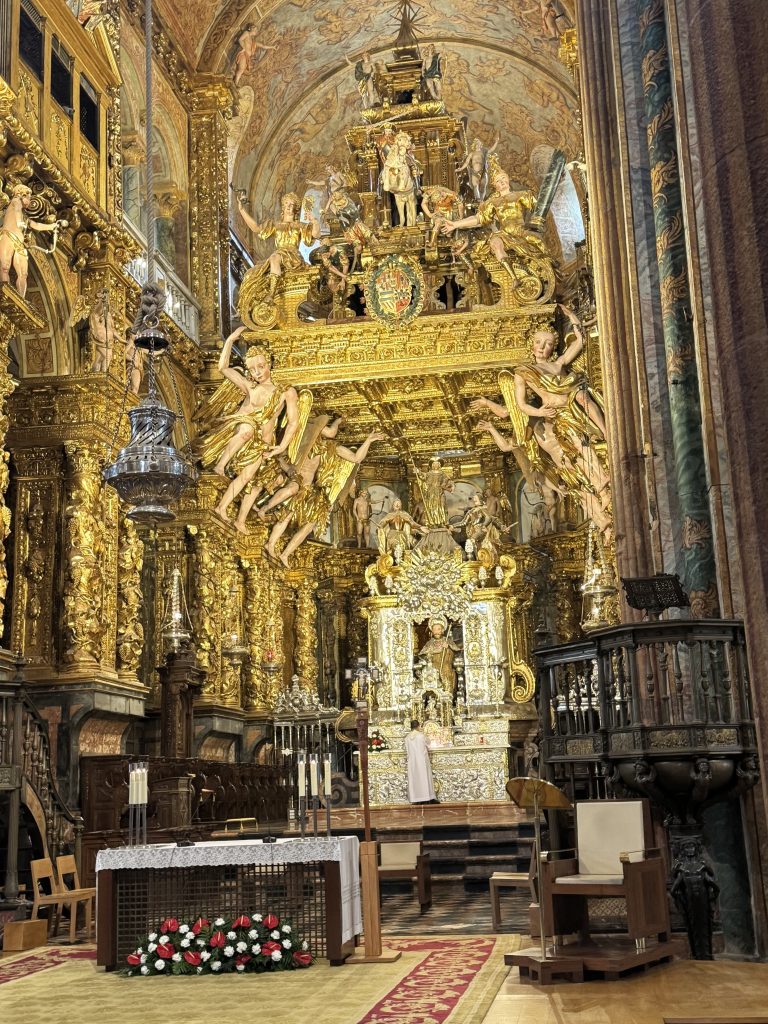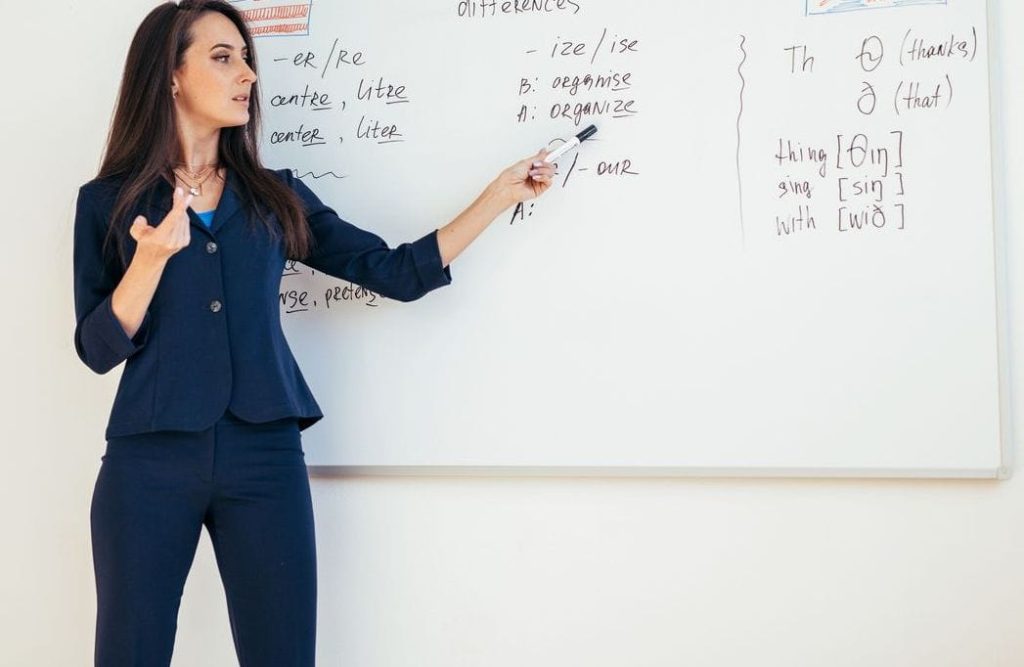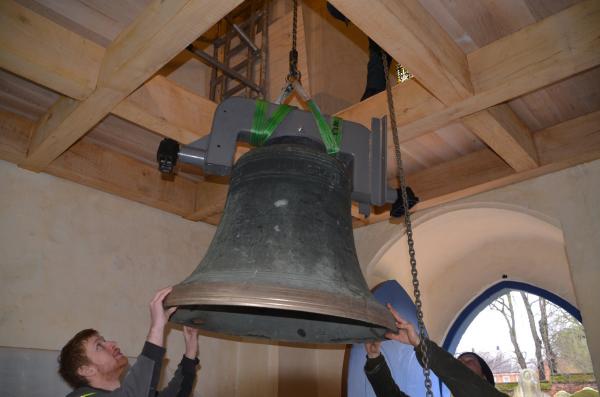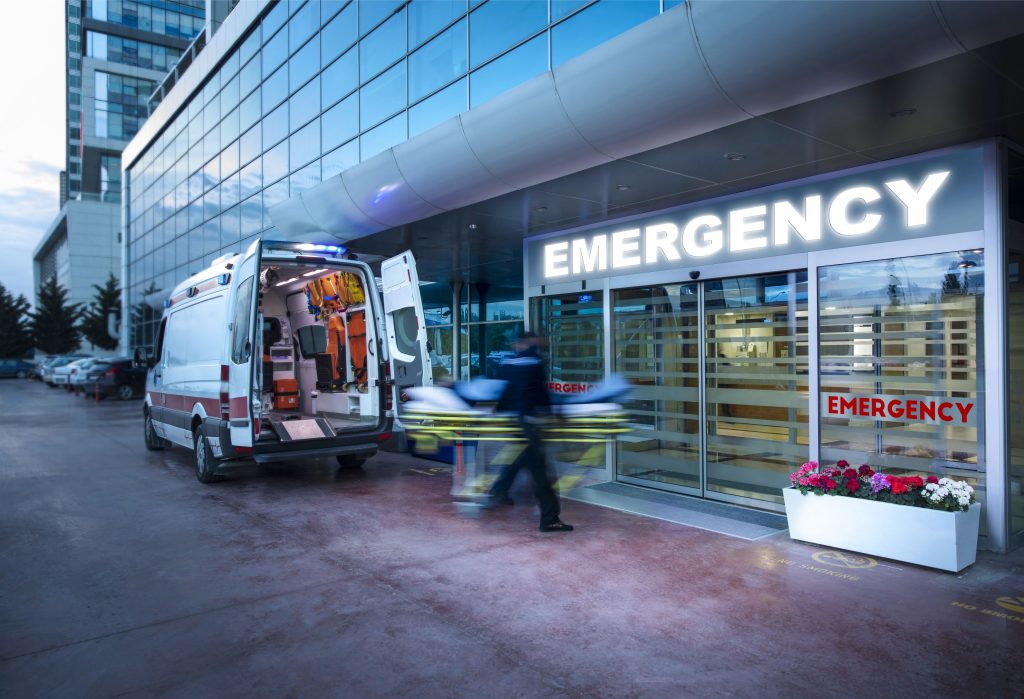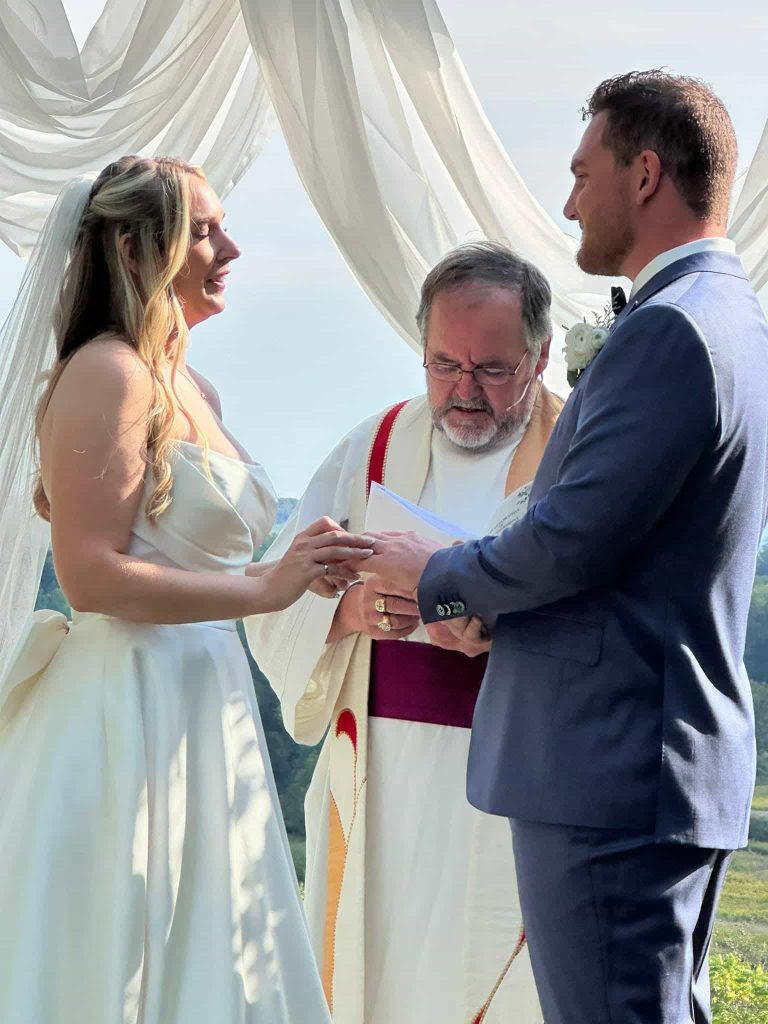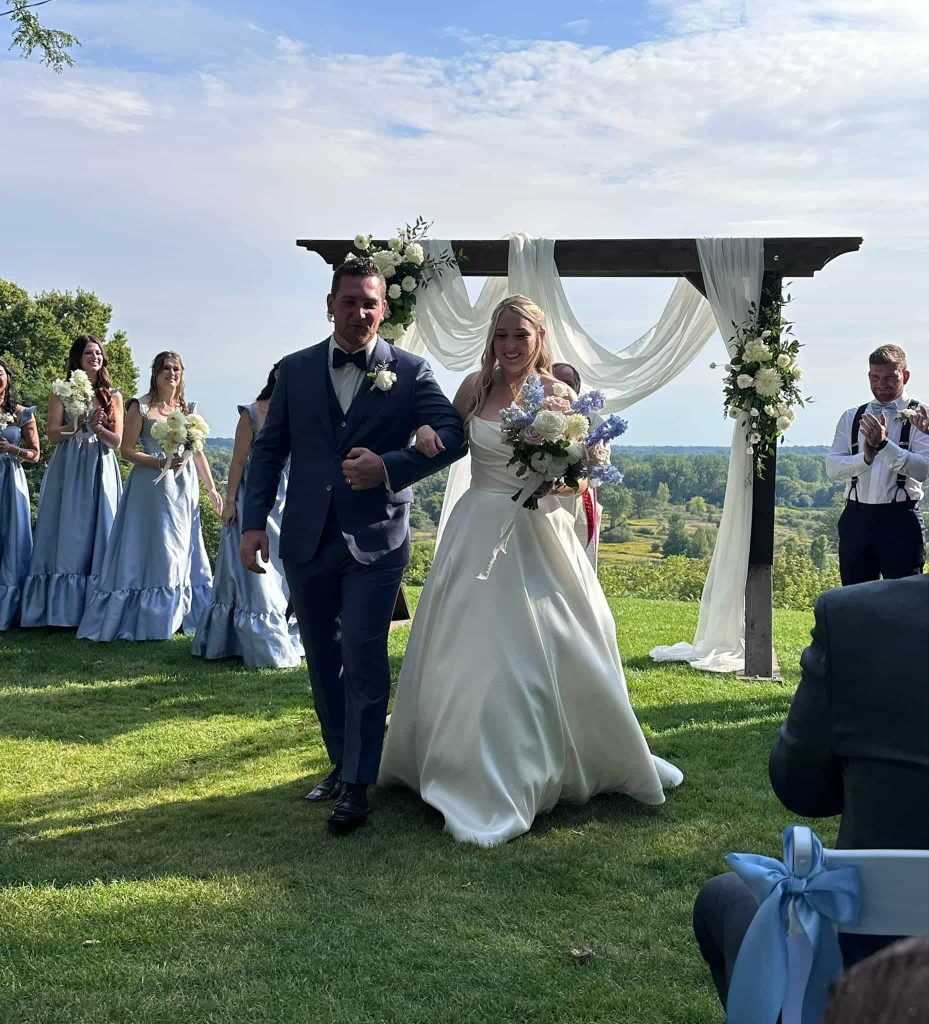
Theologians have written weighty tomes about God’s presence in the cosmos, about divine transcendence and immanence, and about mysteries so vast that the average parishioner might begin to wish they had just stayed home with a nice cup of tea. But I’ve discovered, over many years in ministry, that God is not nearly as elusive as we sometimes make God out to be. In fact, God is far more likely to show up on your very own street — sometimes even on garbage day, which is proof enough of grace.
When I speak of Neighbourhood Theology, I’m not referring to the kind of highfalutin treatise one might footnote to death, but rather to the way we discover God in the ordinary, often overlooked corners of our daily lives. God, it turns out, is not allergic to sidewalks, cracked driveways, or neighbours with particularly noisy lawnmowers.
Take, for instance, the lady who lives three houses down and insists on waving cheerfully every morning, rain or shine. I am convinced that her smile is more evangelistic than most sermons I have ever preached. (A sobering thought for a preacher, but one that keeps me humble.) Or consider the teenagers across the street, who gather now and then on the front porch with guitars, singing songs whose lyrics I cannot for the life of me understand. Yet even there, God is present — in the joy of music, in the mystery of youth, in the reminder that life always presses forward with hope.
There is something deeply theological about learning to see God’s hand in the common and the familiar. We often think of ministry as something that happens in stained-glass sanctuaries or under vaulted ceilings. But in truth, the neighbourhood is God’s cathedral, and the front porch can be an altar just as surely as the table in the chancel.
The Psalms remind us, “The earth is the Lord’s and all that is in it.” That includes your street. The cracked pavement, the aging trees, the local cat who has adopted every house as its own parish — these are, in their own way, sacraments of God’s nearness. And if you’ve ever tried to get your recycling bin out before the truck roars by at an unholy hour, you’ll know that prayer rises naturally from the depths of the soul.
And here’s the hopeful bit: when we begin to recognize God in our neighbourhoods, we realize that we are never truly alone. That argument we overheard between neighbours, the laughter of children playing tag, the smell of bread drifting from up the street — these are all reminders that God has stitched us together in community, calling us to love our neighbours as ourselves.
Stephen Leacock once quipped that a town was really just “a collection of houses built around a few people who know how to talk.” I think he was onto something. The church, too, is a neighbourhood. And God’s theology is not written only in books — it is lived out in backyards, in shared casseroles, and in the simple act of checking in on the elderly gentleman who still insists on shovelling his own driveway.
So, friends, perhaps the next time you step outside and see your street, you might take a moment to pray, “Lord, open my eyes to discover You here.” Because the truth is, you don’t have to go far to meet God. Sometimes, it’s as simple as opening the front door.
A Prayer for Discovering God on Our Street
Loving God,
You walk with us not only in sanctuaries of stone and stained glass,
but also on sidewalks, porches, and garden paths.
Open our eyes to see You in the faces of neighbours,
in the laughter of children,
in the kindness of strangers,
and even in the quiet corners where loneliness lingers.
Teach us to cherish the holiness of ordinary places
and to recognize that every street is part of Your kingdom.
May we bear Your light in simple acts of love—
a word of encouragement,
a wave across the fence,
a casserole left at the doorstep.
Bless our neighbourhoods, O God,
that they may be filled with peace,
and let our daily comings and goings
be offerings of gratitude to You.
Through Christ our Lord,
Amen.
